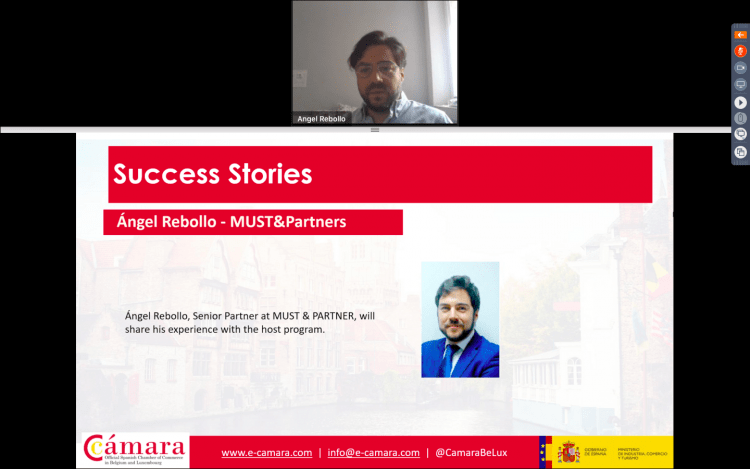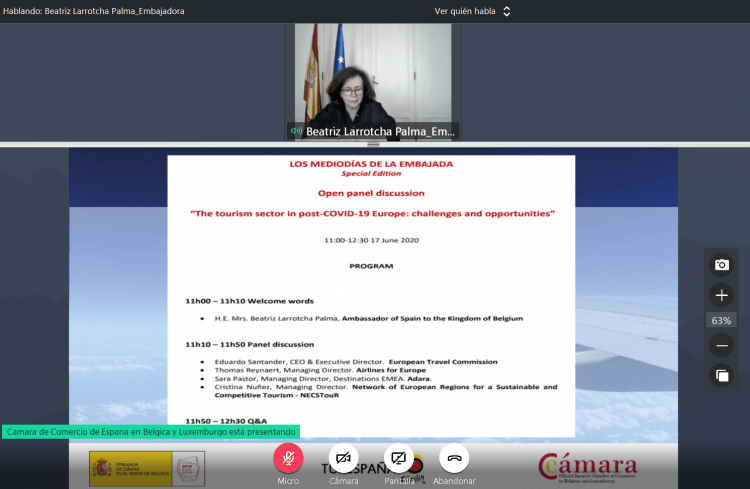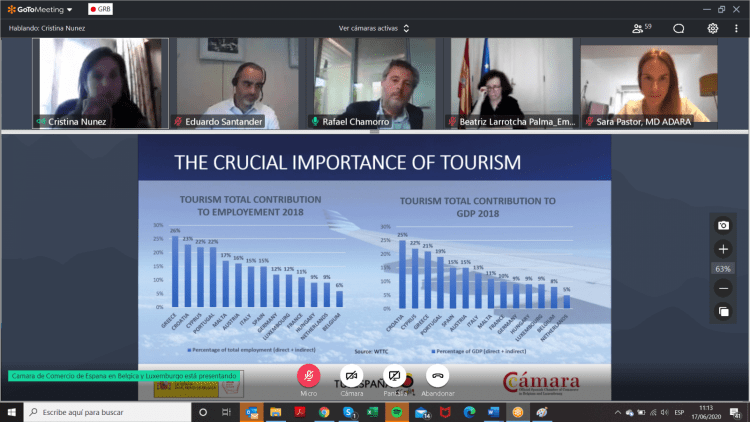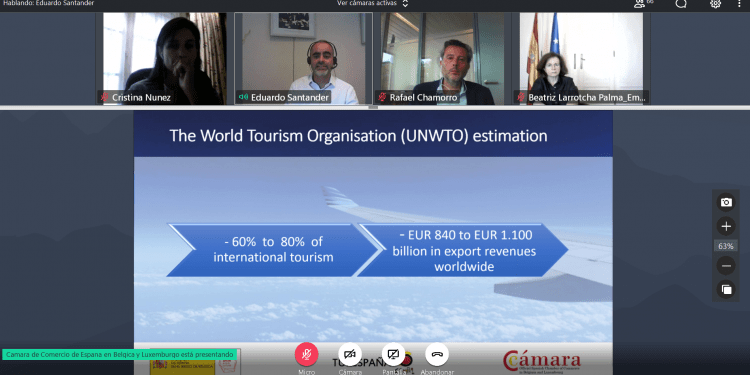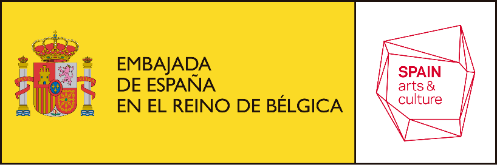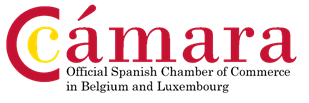Control of the sanitary situation, the beginning of the school year for all and future perspectives
The National Security Council, enlarged to include the Ministers-Presidents, met on Thursday 20 August to assess the epidemiological situation and identify measures that should be expanded and those that could be relaxed.
In addition to stabilizing our health situation, the measures in place in recent weeks were aimed at immunizing the beginning of the school year, that is, ensuring that the circulation of the virus is sufficiently controlled so that all children can return to school.
Therefore, all students will be able to return to school, at all levels of education, based on the “code jaune” established by the communities. As a reminder, the code jaune refers to a situation where the presence of the virus remains active but controlled. This system will allow a normal 5-day school week, provided that certain health measures are observed, such as the compulsory wearing of masks for students over 12 years of age and for teachers, and the suspension of certain extracurricular activities in secondary education.
In addition to this common regime, in communes where contamination peaks are observed, the change to an orange colour code will be decided by the Ministers of Education. This colour coding involves adjustments, such as reducing the number of school days for the second and third levels of secondary education. Parents, children and teachers will be informed by the schools.
At the higher education level, given the late start of the school year, consultations are still ongoing to harmonize the rules that will be applied on student campuses.
From 1 September and for a period of one month:
- The social bubble of 5 persons, i.e. persons with whom citizens have close contacts, will continue to apply, under the same conditions as in August. Contacts within safe distances are still limited to 10 people at a time.
- The general measures concerning social contacts are difficult to maintain in the long term. We must be able to move from crisis management to long-term risk management dynamics. We have to be able to reinvent the way we maintain social contacts in a sustainable way. In order to do this as normally as possible, while preserving everyone’s health, the experts at Celeval – with the support of other specialists such as psychologists – have been asked to give priority to this issue.
- Receptions after funerals can be held with a maximum of 50 people, in accordance with the rules that apply to the hotel and catering sector. The next National Security Council will be interested in the question of a possible relaxation of the rules for receptions in general.
- Regarding shops, it will now be possible to do shopping in pairs (these two people can be accompanied by minors living under the same roof or by a person who needs assistance) and this without any time limit. It goes without saying that everyone’s sense of responsibility is called upon to avoid the effects of crowds. Unlike the other measures valid from 1 September, this measure will apply from 24 August.
- Concerning spectators, the maximum number of people admitted to an audience – at sporting events, theatres, cultural activities, places of worship, congress halls or auditoriums – will be increased to 200 people inside and 400 people outside. The use of a mask remains mandatory, as does compliance with safety standards and protocols. In order to give more flexibility – where safety rules are respected – to professionals, it will be possible to derogate from this rule after examination by the mayor and authorisation by the competent ministers.
- Persons who have become physically separated in recent months because they come from different countries and who provide evidence of a lasting relationship but are not married will be able to cross the border as from 1 September. These persons will be subject to the same testing and quarantine rules as others.
With respect to travel, it was recalled that, since 1 August, any person arriving in Belgian territory after a stay abroad of more than 48 hours must fill in the passenger tracing form, which makes it possible to know where the traveller has been. In addition:
- Anyone returning from a red zone should be tested and remain in quarantine even if they show no symptoms.
- If the person returns from an orange zone, this is a recommendation. However, this recommendation should be taken seriously, especially if the person returning from an orange zone has had risky contacts.
- In addition, citizens are asked to actively participate in tracing contacts with regional call centre managers.
The evolution of the health situation will, as always, be closely monitored and a new National Security Council will be organised next month. The long-term objective is to move from crisis management to a long-term risk management dynamic.

